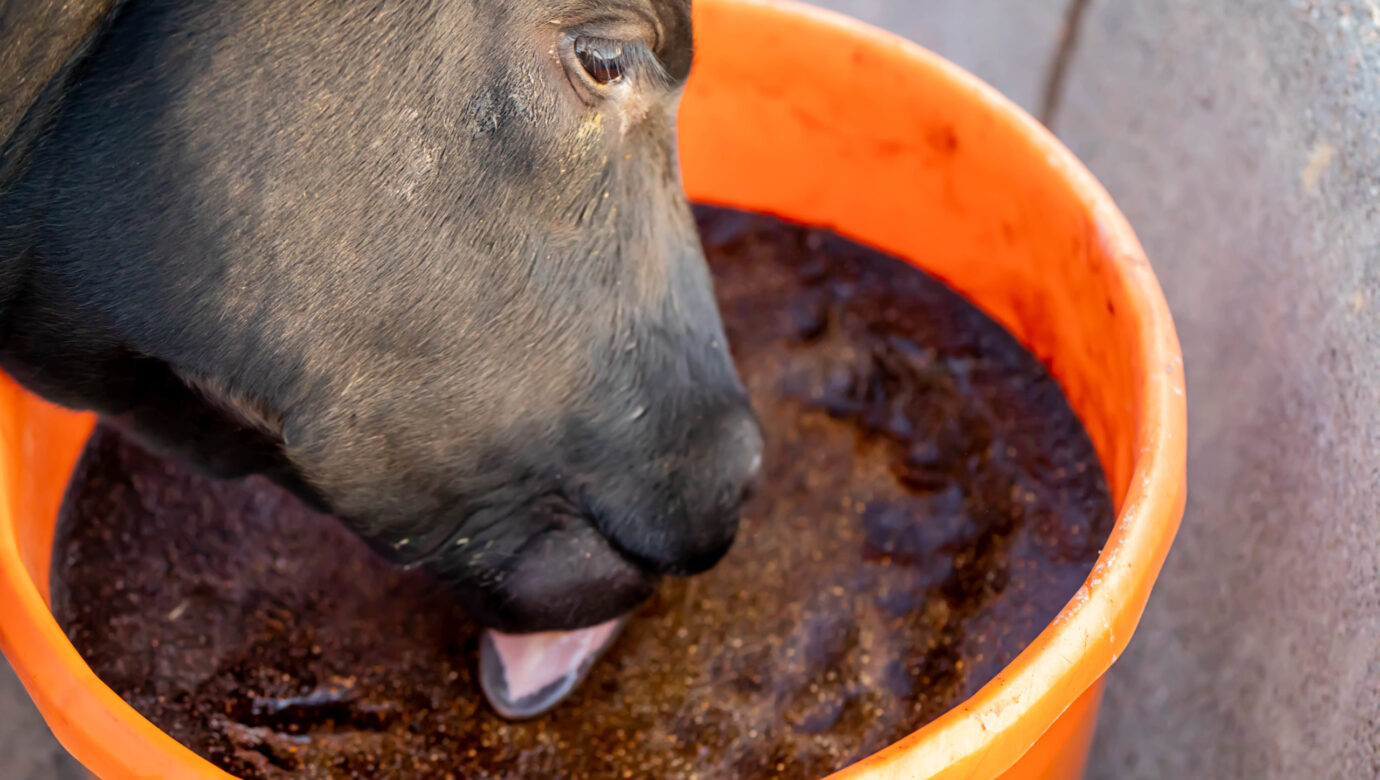
Pond Water Quality During Drought [5 concerns for livestock consuming pond water]
Typically, we advise livestock producers to monitor pond water quality as temperatures rise and pond water levels drop. However, when we are in drought and starting the grazing season with low water levels and concentrated water sources. Here are five [...]



